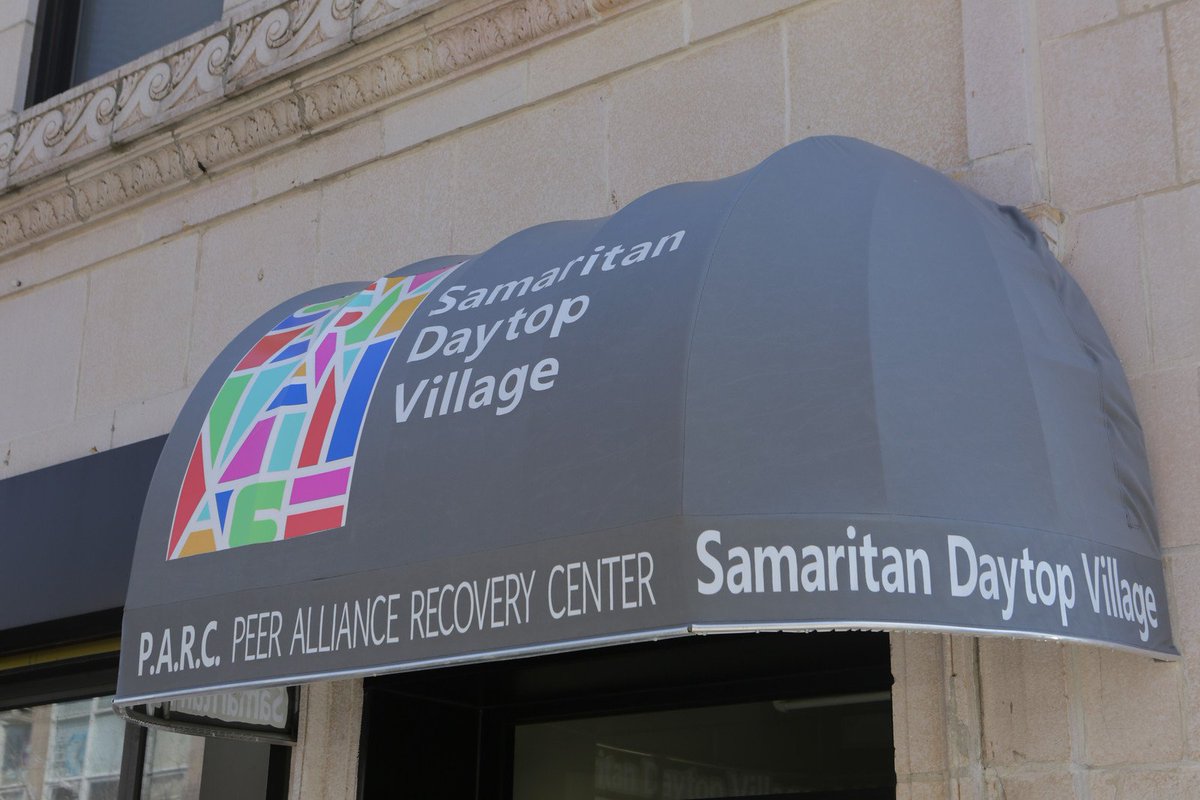About Samaritan Daytop Village Jamaica
Residential Substance Use TreatmentIntensive Residential Treatment(718) 657-6195 or (855) 322-4357 (HELP)
Specialized Treatment
- Medically Assisted Treatment
- Men and Women Military Veterans
- Mothers with Children
- Community Residence
- Opioid
Treatment18 years old and older.
Samaritan Daytop Village knows the individuals walking through their doors seeking treatment for substance abuse are as diverse as the services they offer, so their process begins with the most important detail you.
Whether referred by one of their many partners, ordered to their services by the court or introduced voluntarily, their first step is to sit down with you for an intake interview.
Their compassionate staff interviews you to learn more about your motivation to enter treatment and the history that brings you here.
While paperwork and detailed reviews are necessities, Samaritan Daytop Village does its best to quickly determine the ideal placement to foster your success.
Based on your needs and the spectrum of services they offer, their staff arranges location, program type and develops an individual treatment plan to lay the ground work for the journey ahead.
Their core focus is the people they serve men and women struggling with addiction, military veterans, mothers and babies, families, homeless New Yorkers, and the elderly.
Their programs are innovative and responsive to the changing needs of the people they serve.
They believe that "Good" resides in every one of their clients.
Their goal is to find it, nurture it and help it grow to its fullest potential.
Samaritan Daytop Villages work with veterans is just one example of how they provide customized services to meet the needs of the people who come through their doors.
Samaritan Daytop Village is widely recognized as a trailblazer for pioneering specialized treatment for veterans struggling with substance use, post-traumatic stress disorder and other challenges.
In 1996, Samaritan Daytop Village opened a licensed residential treatment facility for veterans in midtown Manhattan, and in 2011 they opened the nations first residential treatment facility exclusively for women veterans.
Inpatient Rehab FAQ'sCan I choose where I do my treatment?
Placement into intensive residential treatment for substance use is determined by matching a clients clinical needs with the services offered at each site as well as bed availability.
How long is residential treatment?
The length of intensive residential treatment is determined by a number of variables that is decided on an individual basis between the client and staff.
Can my family visit me once Im in a treatment program?
Family members can visit by appointment only. This typically is set up by your assigned case manager in conjunction with your treatment plan.
What should I bring with me while Im in residential treatment?
The items you will need at admission are no more than three sets of change of clothing and legally accepted personal identification (e.g., Social Security card, drivers license, birth certificate).
Can I keep my job when I come into treatment?
Providing your employer allows you a leave of absence, a client may be able to work once they are stabilized in treatment and can demonstrate the ability to manage activities of daily living without the use of drugs and/or alcohol. This is decided on an individual basis between the client and staff.
Are Samaritan Daytop Villages treatment programs co-ed, serving both men and women?
While Samaritan Daytop Village does offer some gender specific services most of their residential and outpatient programs are co-ed in nature.
What are the bedrooms like in your residential treatment facilities?
While this varies from facility to facility, most of their bedrooms are set up in a college dorm fashion with a bed, closet and dresser.
How soon can I go home for a visit?
Samaritan Daytop Village recognizes the importance of family involvement and will arrange visits as quickly as they can get someone stabilized in treatment.
Can I have a cell phone or other electronics while Im in treatment?
You will be eligible to have a cell phone when you are job seeking or working. Other electronic devices are permitted at certain intervals within the treatment process.
Can I have money while Im in treatment?
You can have a limited amount of money in your possession while in treatment. Please note that when you arrive for admission you should not bring more than $20.
Can I go to school while I am in treatment?
Vocational and educational opportunities are available. Every resident in their treatment programs will have an assigned vocational counselor who will work with you to develop an individualized plan to meet your needs.
Who can I talk to about admissions?
For more information on all of Samaritan Daytop Villages treatment programs for drug and alcohol use, you can e-mail their Admissions Department or call Admissions at (718) 657-6195 or (855) 322-4357 (HELP).

